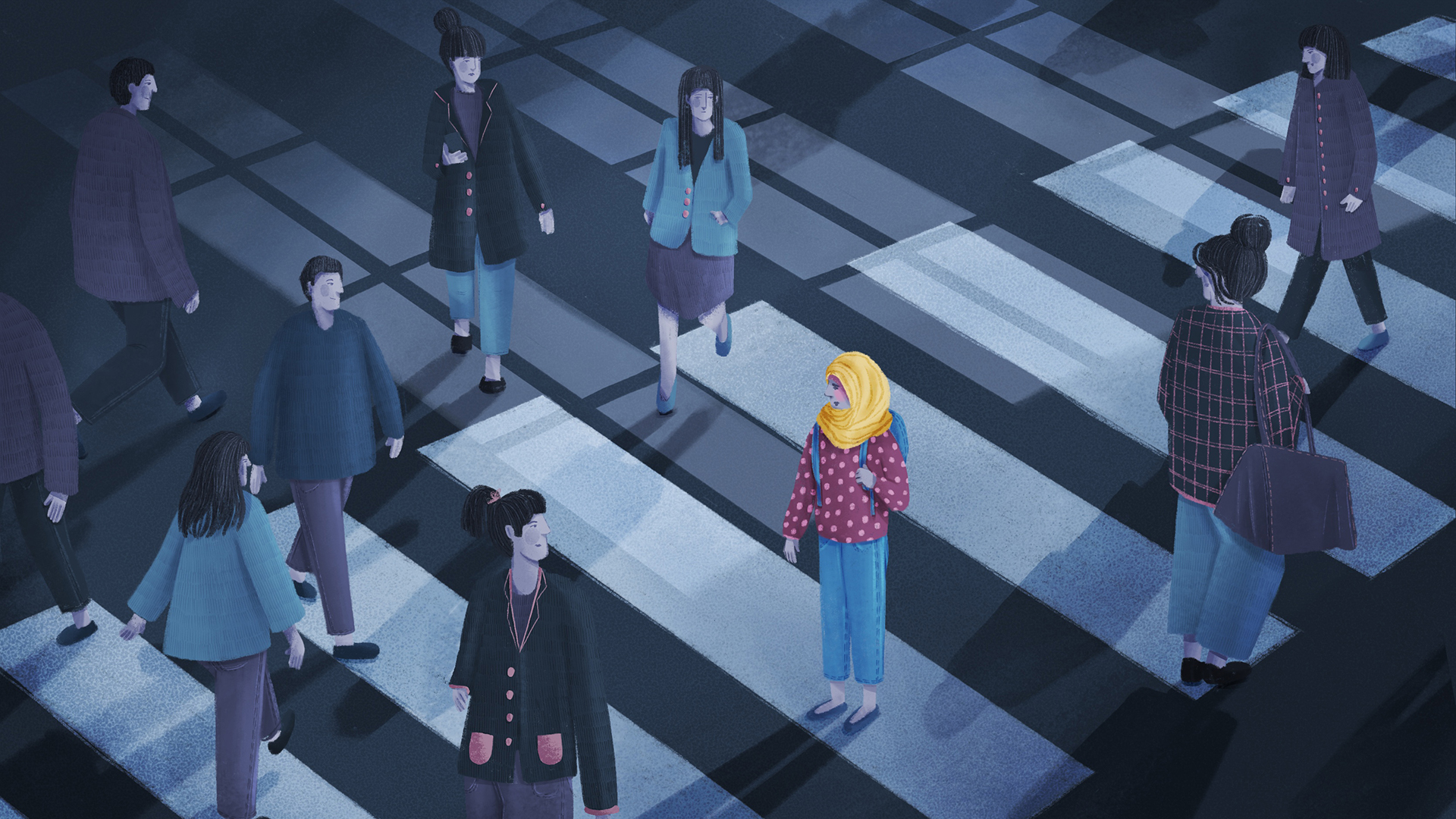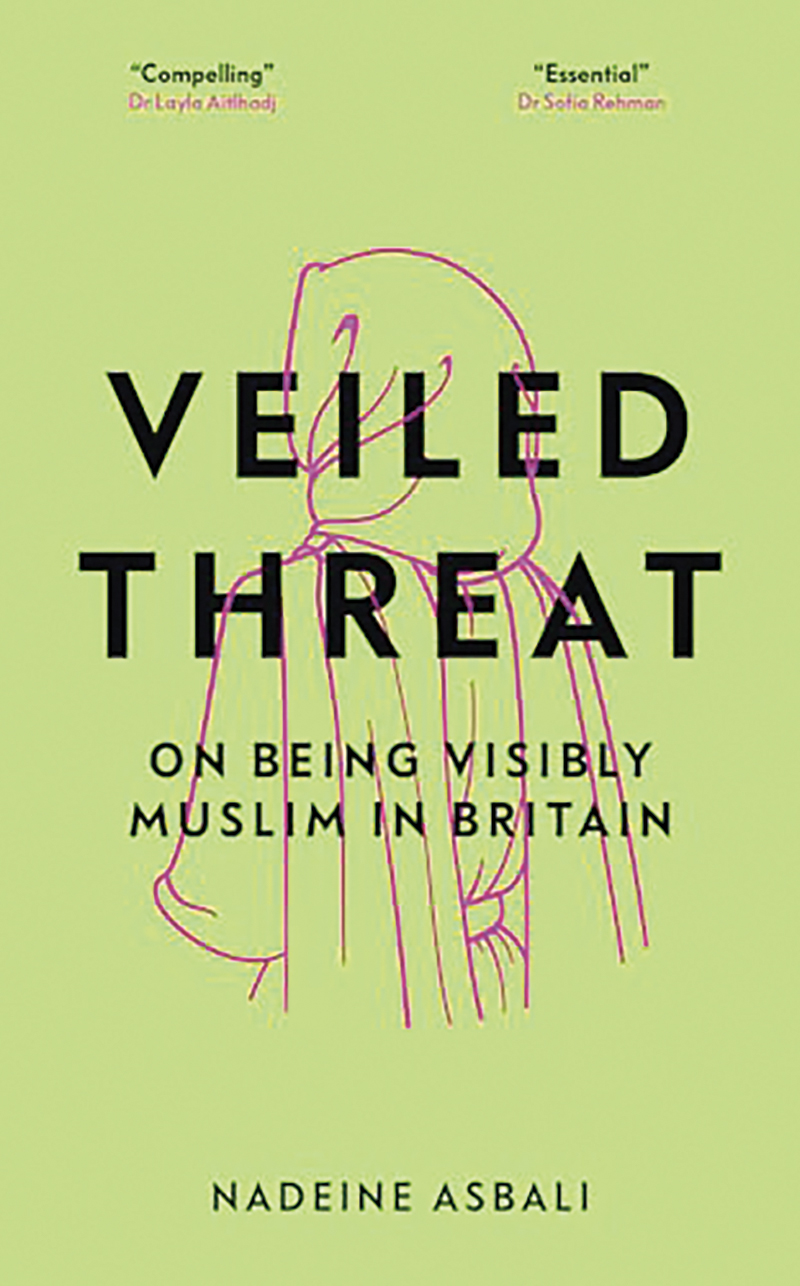My entire understanding of the world changed just before my 15th birthday, and it was all thanks to a piece of cloth. With a white, English mother and a Libyan Muslim father, I had gone under the radar my entire childhood. A home life of Turkey Twizzlers and Tracy Beaker after school had left me with the impression that I was British by birthright. I thought Britishness was woven into my genes, entwined in my lexicon and embedded in my cultural references. I didn’t think Britishness was something I needed to quantify, understand or think much about at all. It was just something I was. Right?
But as soon as I decided to begin wearing the hijab, having recently taken an interest in the religion of my father and my Libyan ancestors, the ground beneath me shattered and I saw my Britishness, and my whiteness, for the mirage it really was. Visibly othered for the first time in my life, I turned from a white(ish) British child into something foreign, something strange and threatening. I became, entirely overnight, a veiled threat.
The ironic and painful thing was that, really, not much had changed at all. I got on the same buses, walked the same streets, smiled at the same neighbours and bought sweets from the same corner shop. I went to the same school and sat with the same friends and zoned out in the same teachers’ lessons. But suddenly, I no longer blended in. My covered head was treated with suspicion and derision. My visibly foreignness garnered the same reaction as a contagious disease or a ticking bomb.
Icy stares, pursed lips and loaded silences replaced the ease and normality with which I had navigated my life up until that point in my small Midlands hometown. Old ladies in the supermarket queue muttered about immigration as I walked by. Teenage boys called me ‘Taliban’ on the bus. Security guards followed me around the store and the frequency with which I was chosen for ‘random screening’ at the airport increased at least tenfold.
At barely 15, this experience of becoming visibly Muslim in a nation as hostile and divisive as Britain came to define my entire life. It shaped everything: how I saw myself, how I viewed my own racial identity and how I understood the world around me. And, eventually, it provoked me to write my debut book Veiled Threat: On Being Visibly Muslim in Britain.
In it, I combine vignettes from my decade and a half as a visible Muslim. From training as an English teacher in an almost all-white school to navigating the world of Birkenstock-wearing yummy mummies as a new (hijab-wearing) mother. This, alongside political commentary on the manifold ways in which Muslim women are structurally discriminated against in our society, such as how social class and race compound our marginalisation, how politicians repeatedly scapegoat us and how counter-terror policies criminalise our communities.










